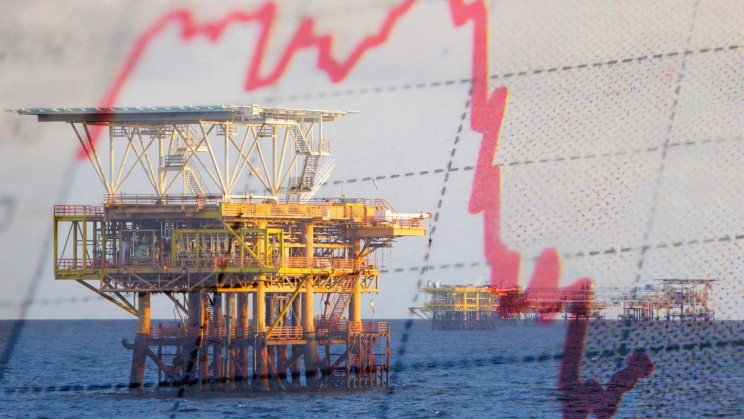Surging Energy Prices May Not Ease Until Next Year – IMF
The International Monetary Fund (IMF) has said, the current surge in energy crisis, and its resultant hike in fuel prices across the world will not ease, with few months to end the year.
According to the international financial institution, the soaring prices would revert to “more normal levels early next year (2022) when heating demand ebbs and supplies adjust.”
“We expect natural gas prices to normalise by the second quarter as the end of winter in Europe and Asia eases seasonal pressures, as futures markets also indicate.
Coal and crude oil prices are also likely to decline. However, uncertainty remains high and small demand shocks could trigger fresh price spikes,” the IMF said it a blog on October 21.
Nonetheless, the IMF has warned that, “if prices stay high as they have been, this could begin to be a drag on global growth.”
The IMF explained that the global benchmark of Brent Crude oil prices, recently reached a seven-year-high above $85 per barrel, as more buyers sought alternatives for heating and power generation amid already tight supplies.
Moreover, Coal, the nearest substitute, is in high demand as power plants turn to it more, adding that, “this has pushed prices to the highest level since 2001, driving a rise in European carbon emission permit costs.”

Going forward, central banks have been asked to look through price pressures from transitory energy supply shocks, and “be ready to act sooner, especially those with weaker monetary frameworks – if concrete risks of inflation expectations de-anchoring do materialise.”
It also urged governments across the world to act to prevent power outages in the face of utilities curtailing generation if it becomes unprofitable.
According to the IMF, “blackouts, particularly in China, could dent chemical, steel, and manufacturing activity, adding to global supply-chain disruptions during a peak season for sales of consumer goods.”
It noted that as higher utility bills were regressive, support to low-income households could help mitigate the impact of the energy shock to the most vulnerable populations.
Making a comparison to previous energy price surge, the IMF noted that while supply disruptions and price pressures pose unprecedented challenges for a world already grappling with an uneven pandemic recovery, the silver lining for policymakers is that the situation does not compare to the early 1970s energy shock.
The Fund observed that, “back then, oil prices quadrupled, directly hitting household and business purchasing power and, eventually, causing a global recession.
Nearly a half century later, given the less dominant role that coal and natural gas plays in the world’s economy, energy prices would need to rise much more significantly to cause such a dramatic shock.”
RELATED STORIES:
Energy Crisis Pushes Copper Towards Best Week Since 2016
Europe’s Energy Crisis Is Driving Up Natural Gas Prices Worldwide
Fuel Prices At The Pumps To Go Up 7% On Saturday
Fuel Prices To Increase 3% In The Second Half Of September – COPEC



